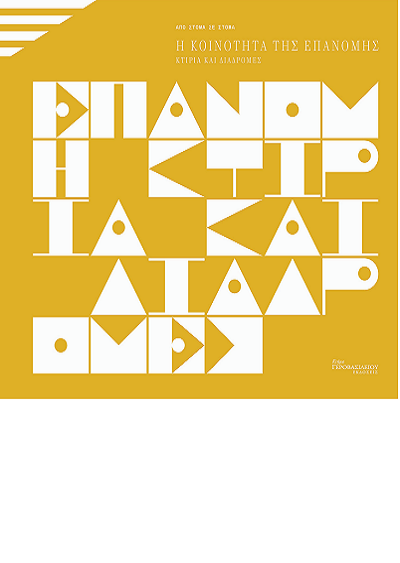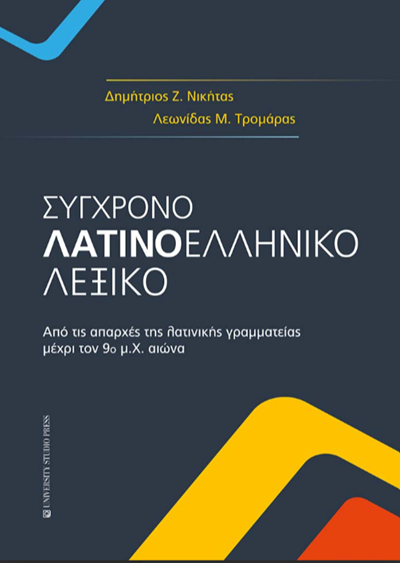
The event included 3 lectures about the press and typography of the time, as well as the memoirs and family archives of people associated with the Revolution.
On Wednesday, October 6, 2021, began the second cycle of online lectures and discussions of the University of Cyprus entitled “1821-2021: 200 years since the Greek Revolution“.
The Technology of Information of 1821: Press, Typography, News
Mrs. Elli Droulia, Historian and Director of the Library of the Hellenic Parliament, stated in her presentation that “the Greeks had realized the importance of the press and so with the outbreak of the Revolution they tried to take advantage of it. The Revolutionary Press reveals the nation’s efforts for freedom and the obstacles it encountered, war, victories, disasters and internal strife. It also included matters of institutions and education, international news and administrative decrees. During the Revolution, six printing houses operated in Greece […]. The fate of these printing houses, however, was heavily determined by the course of the Struggle. Printing equipment was initially non-existent and relevant technical expertise was scarce. Thus, the equipment was sent by Greeks and Philhellenes of Europe, while the expertise was sought wherever it was exercised before the revolution”.
George Tertsetis and the Memoir
Mr. Bouchard, Professor of Modern Greek Philology and Director of Modern Greek Studies at the University of Montreal, Canada, in his lecture, pointed our Giorgos Tertsetis’ role in the Greek Revolution. He spoke in great detail of Tertsetis’ initiation in the ‘Society of Friends’ (‘Filiki Eteria’), his law studies, his work as poet and teacher, but also his role as a judge in the trial of Kolokotronis and Plapoutas in May 1834 – during which, he and Polyzoidis refused to sign the conviction and so, on September 24, 1834, they were put on trial – and were eventually acquitted.
What do family archives reveal about the people during the Revolution?
Mr. Stathis Koutrouvidis, Historical and scientific collaborator at the Library of the Hellenic Parliament, in his lecture attempted to highlight the conclusions that can be drawn through the study of the archives of various families in the Peloponnese before the Greek Revolution, which can prove to be very interesting sources. They contain valuable information about the living conditions of the time, the people’s daily lives and relationships, but also the preparations from the Revolutions –information which is, however, often contradictory, further complicating the historians’ task of reconstructing a narrative for this period.







Leave A Comment